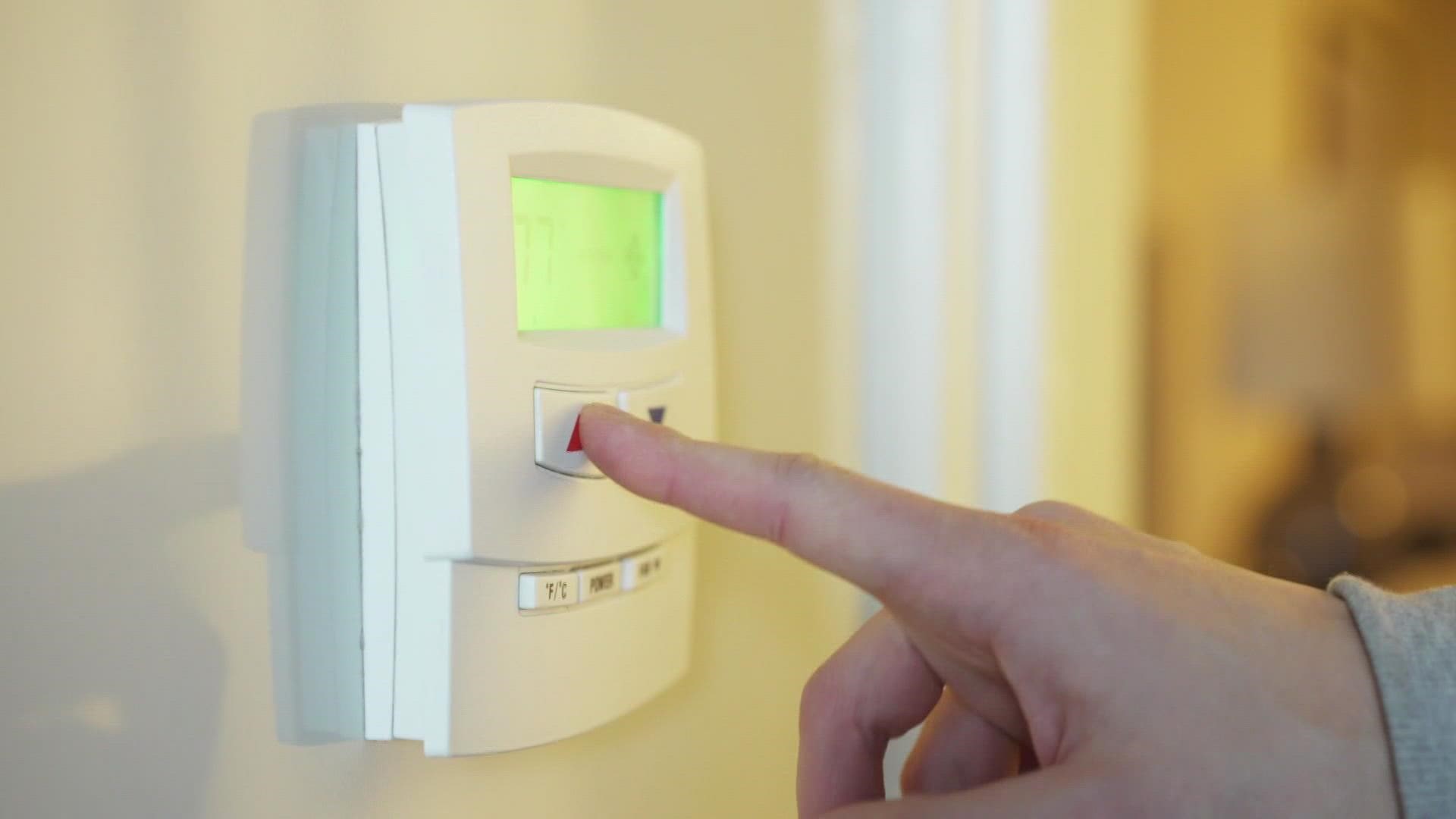CHARLOTTE, N.C. — It's time to turn the heat back on! North Carolina can expect to see temperatures drop into the lower 20's, according to the National Weather Service.
The American Red Cross Greater Carolinas Region urges families to safely heat their home to avoid home fires. Heating equipment is the second leading cause of house fires. Since January 1, the Greater Carolinas Region has helped 399 people with urgent needs like emergency lodging, financial assistance and recovery planning after 128 local house fires.
"Colder temperatures often bring the increased risk of home heating fire, and we want everyone to stay safe," Regional CEO, Allison Taylor said. "The Red Cross recommends families be mindful of how to heat homes safely, especially with the use of space heaters."
How to safely warm your house
Using a space heater wrong is house most fatal house fires happen.
Provide at least three feet of space around all heating equipment, and never leave space heaters unattended. Follow these additional tips:
- If you use a space heater, place it on a level, hard, and nonflammable surface, such as a ceramic tile floor. Don't place it on rugs and carpets, near bedding and drapes; keep away children and pets.
- Plug space heater power cords directly into outlets -- never an extension cord. Turn it off every time you have to leave the room or go to sleep.
- Never use a cooking range or oven to heat your home.
- Never leave a fire burning in the fireplace unattended. Make sure any embers in the fireplace are extinguished before going to bed or leaving home. Use a glass or metal fire screen to keep embers in the fireplace.
- Have furnaces, chimneys, fireplaces, wood and coal stoves inspected annually by a professional and cleaned if necessary.
Two steps to prevent fire tragedies
Test your smoke alarms monthly and practice your home fire escape plan until everyone can escape in less than two minutes -- the amount of time you may have to get out of burning home before it's too late.
If you cannot afford to buy smoke alarms or are physically unable to install one, the Red Cross may be able to help. Visit www.soundthealarm.org to request a free smoke alarm.
Visit redcross.org/fire for more information, including an escape plan to practice with your family.

